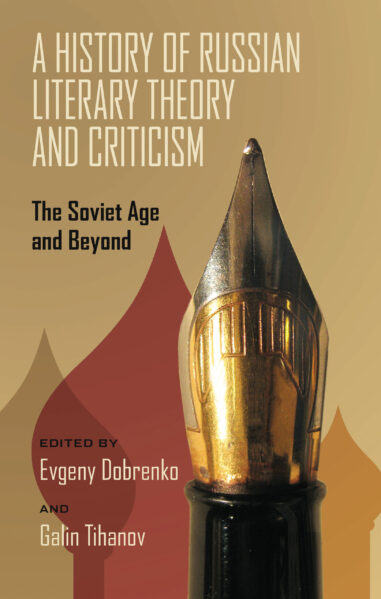
Paperback $65.00
Request Exam or Desk Copy. Request Review Copy
A History of Russian Literary Theory and Criticism
The Soviet Age and Beyond
This is a uniquely important book. Unique, because there is no other serious scholarly history that encompasses the whole spectrum of modern Russian literary theory and criticism. Important, because the schools and thinkers who are studied in this anthology have played a crucial role in shaping debates about literature and its relation to society all over the globe. The authors of the different chapters constitute a who's who of contemporary Slavic scholarship, and they cover every significant move from the October Revolution to the post-Soviet present, including emigre developments. No responsible student of modern literary theory can ignore this instant classic.

